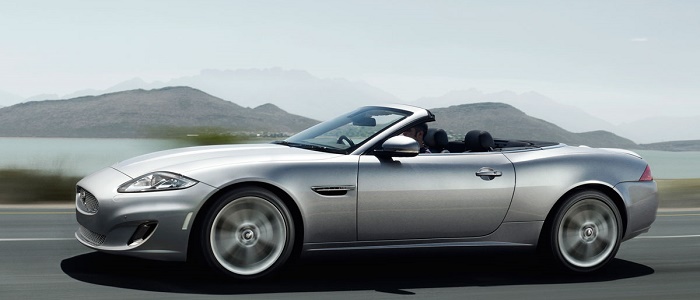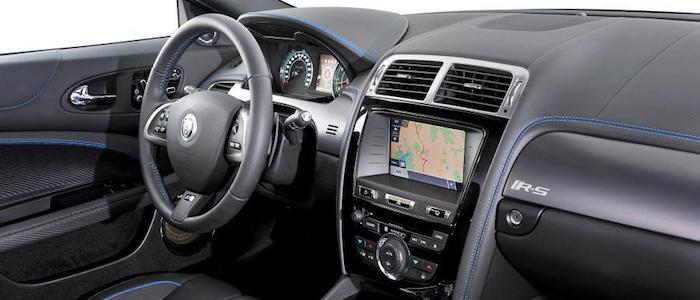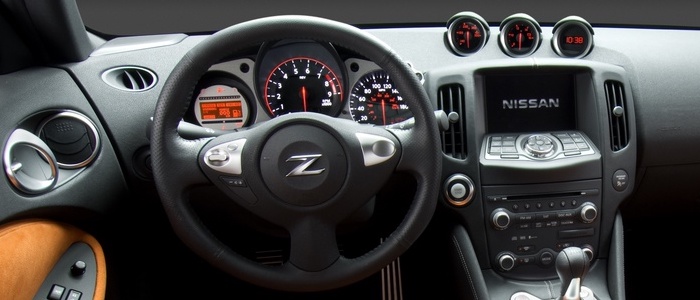Compare two cars
Compare any two cars and get our Virtual Adviser™ opinion
Dimensons & Outlines
Check vehicle history
Engine
5.0 AJ133 HP
Performance (manual gearbox)
Performance (automatic gearbox)
Expenses
Virtual Adviser's™ opinion
Well, these are two pretty similar cars we have here! It's only details that could potentially make the difference. Considering they both belong to the sports car segment and utilize the same 2-door cabriolet body style and the rear wheel drive system, it all comes up to the specific petrol engine choice they offer. The first one has a Jaguar-engineered powertrain under the hood, a 8-cylinder, 32-valves 550hp unit, while the other one gets its power and torque from a 6-cylinder, 24-valves 328hp engine designed by Nissan.
SafetyUnfortunatelly, neither of the two vehicles was submitted to the European New Car Assessment Programme (Euro NCAP) testing. This makes it virtually impossible for me to pick one over the other and I'm generally against buying such cars as the safety should really always come first. Still, apart from the official crash test results there are other things we need to be aware of. Both vehicles belong to the sports car segment, which is generally classifying them somewhere in the middle safety-wise, but that fact doesn't break the tie between the two cars. Furthermore, if we'd like to consider vehicle mass in this context too, which we definitely should, the British car offers a considerable difference of 18% more metal.
ReliabilityI don't like generalizing things when it comes to reliability, although it does seem that Nissan as a brand displays somewhat better results, all the models observed together. That's the official data, while our visitors describe reliability of Jaguar with an average rating of 4.2, and models under the Nissan badge with 4.3 out of 5. Some independent research have also placed XK as average reliability-wise, and 370Z is more or less at the same level.That apart, owners of different cars powered by the same engine as the British car rank it on average as 3.0 out of 5, exactly the same as the other one.
Performance & Fuel economyJaguar is undoubtly more agile, reaching 100km/h in 1.1 seconds less than its competitor. In addition to that it accelerates all the way to 300 kilometers per hour, 50km/h more than the other car. When it comes to fuel economy the winner has to be the Japanese car, averaging around 11.2 liters of fuel per 100 kilometers (25 mpg), in combined cycle. We can't ignore that 10% difference compared to the British car.
Verdict
Nissan appears just a bit more reliable, although the difference is truly marginal. The most important thing when deciding between any two vehicles should always be safety, both passive and active. In my opinion, everything taken into account, the British car offers significantly better overall protection, taking the lead here. It all continues in the same direction, with Jaguar outracing its opponent in any situation possible, making it better choice for boy racers. It does come at a cost though, and that's the fuel consumption... No mistake, whatever you decide here, but I'd still go for the Jaguar. In any case that's my personal view, built upon all the data available to me. What should decide here though is the way you feel about the two vehicles, and I hope you'll find my guidelines useful in the process. Also, you could use the oportunity to find out which car, everything taken into account, would be the perfect choice for you in the eyes of the virtual adviser™, out of 12.000+ vehicles we currently have in our database.

































